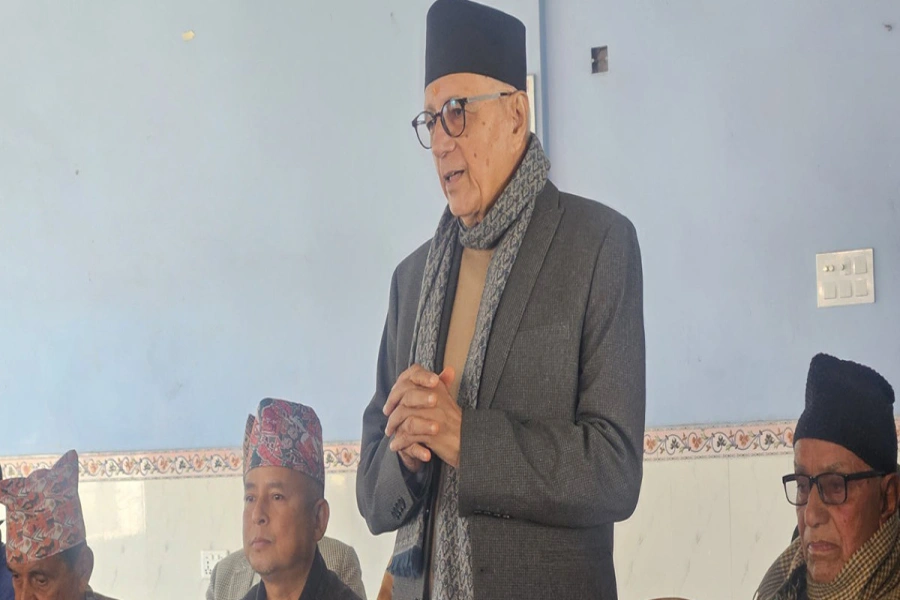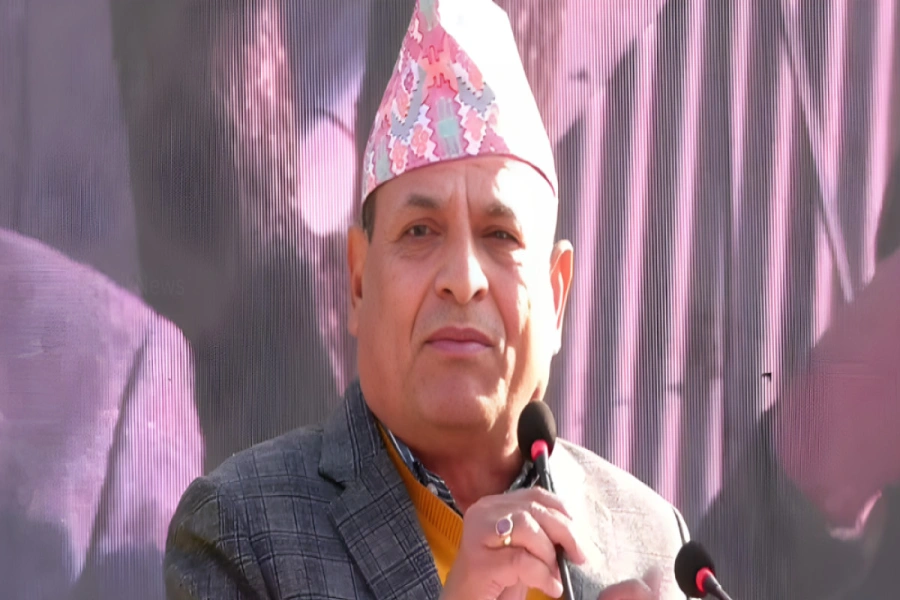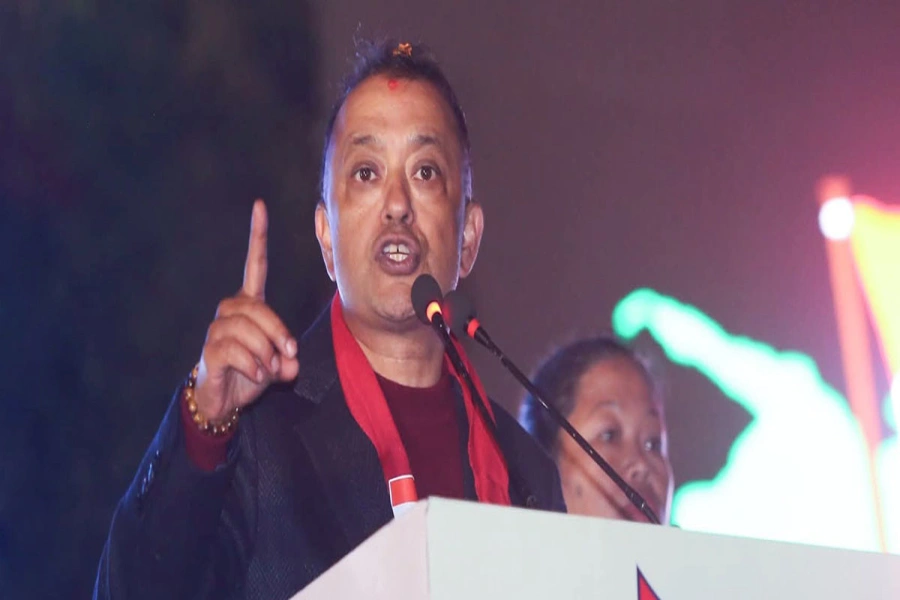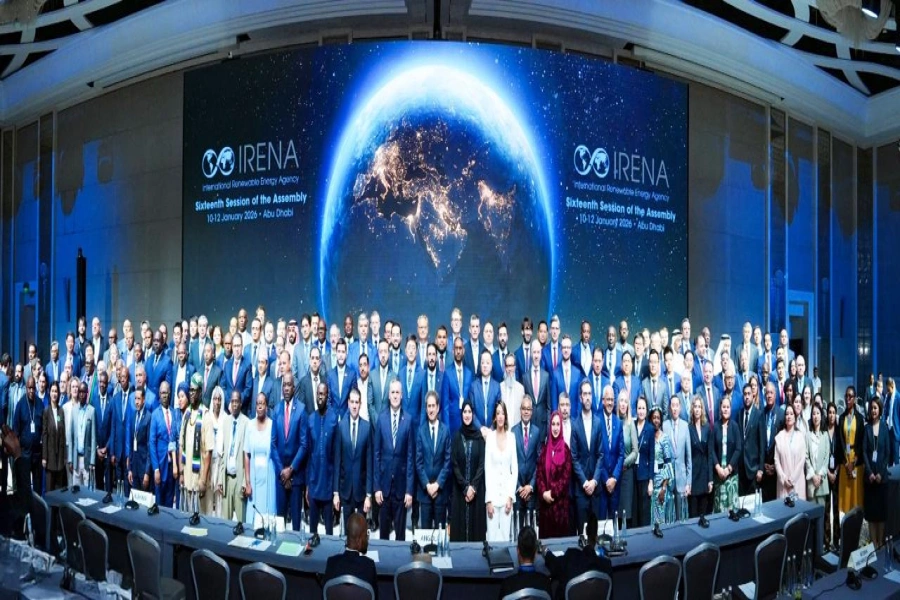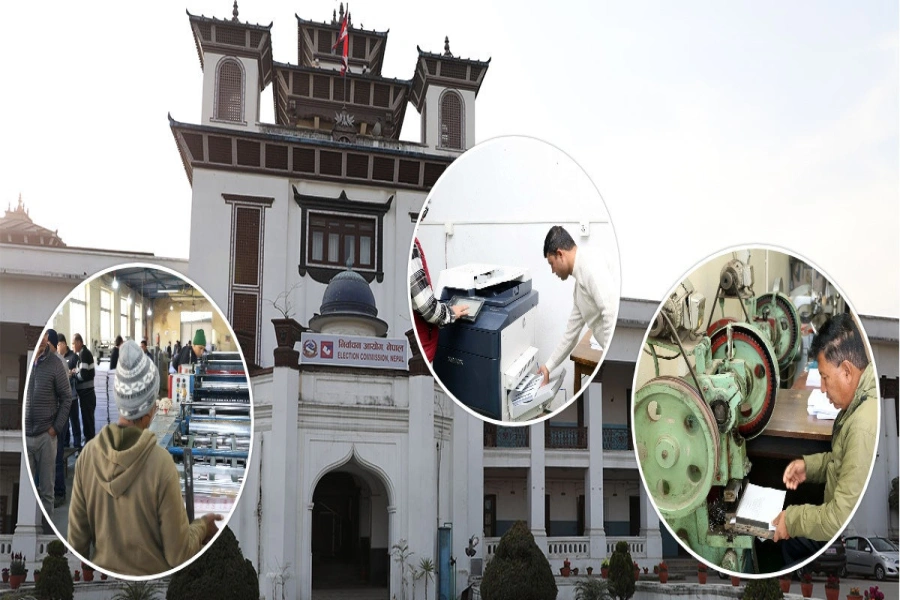What is even more stunningis how the mainstream media and Pahadi civil society has given the leaders a pass on this issue. A vocal Pahadi intelligentsia has mostly kept mum on the legality issue. Rather, it is largely supportive of the government's attempt to oppress Madheshis.We read arguments supporting this endeavor. There is 90 percent support for this document, goes one argument. True, parties that signed this 16-point deal together have 90 percent of the seats, but who are we kidding—the deal does not have 90 percent support! Many within NC, UML and Maoist party are unhappy about this, so unhappy that some objected right on the day this deal was signed. The signatories of the 16-point deal perhaps fear that they might not even get a two-thirds majority. They have not had the gumption to pass it through the CA—even though not doing so could mean they are legally criminals for disobeying the Supreme Court.
There are numerous problems in the draft including treating women as second-class citizens, but let me focus on one that is already setting Nepal on fire. The draft does not demarcate the provinces.
The fault line of the drama unfolding in Nepal is pretty clear. What we are seeing is a power struggle between the Pahadi upper caste which does not want to loosen their grip over Nepal, and Madheshis who wants their grip loosened. Madheshis represent about 33 percent of the population; they want to make sure that it is difficult for the oppression to continue. They want to create structural barriers that are irreversible. The best way to do this, they believe, is to have provinces based largely on ethnicity or language, and make sure these states have significant power, close to autonomy, if not autonomy.
It is not just Madheshis who feel oppressed. Janajatis who represent another 20 to 25 percent are in the same boat. They too believe that the federalism based largely on identity is the best way to protect them from the oppression from Kathmandu.
Pahadi upper castes know very well that a federalism based on identity will change Nepal as we know it. It will give a big boost to regional languages and cultures, make the country truly multicultural and place all its citizenry on an equal footing. It will redefine what it means to be a Nepali. Majority of the Pahadi upper castes do not want this redefinition. They do not want all citizens to be on equal footing.
In the name of national interest, as if the nation only belongs to them, the leaders of NC, UML and Maoist party are peddling a constitution that will institutionalize their oppression of Madheshis for generations.
For any constitution to be credible and long lasting, a large number of people must feel as though the document represents their aspirations. If the document does not capture the imagination of more than 50 percent of the people, how lasting will this constitution be? This is anyone's guess. One option is to suppress dissent and run the country Panchayati style. But how feasible is that, in this day and age, when people are a lot more literate than 30 years ago?
Just as the upper caste Pahadis are sentimental about their culture, so are the Madheshis and Janajatis. Unfortunately, they have had to live in a country that forces them to slowly, often subconsciously, give up their language and culture, and move towards the Khas language to live comfortably in Nepal. Some Madheshis change their last names to protect themselves to limit prejudice. Many find it difficult to speak up openly about their situation, because doing so is costly socially and financially.
The main reason why the Maoists were successful was because they gave the oppressed hope. One of their key agendas was giving rights to Madheshis and Janajatis. In fact, they were the first to come up with the ethnic-based model. To the Maoists, it might simply have been a strategic tool to come to power. For many who supported them and died for them, however, it was a fight for their dignity. It was a struggle whose benefits would be reaped by their children and grandchildren.
The Maoists have betrayed the Madheshis and Janajatis. Rather than fighting against the oppression, they have joined hands with oppressors, to make a constitution that will oppress more. They did not do well in the second CA election; making compromises is not bad, but what they have done is not a compromise. It is surrender. It is hard for Baburam Bhattarai and Prachanda to contemplate how angry this has made Madheshis and Janajatis who supported them. This tells us that after all it is a Madheshi party that will empower Madheshis, not a national party. Nepal, it seems, is still too backward for a national party to take up this agenda.
Oppressing your own citizens is difficult to do. The Tamils of Sri Lanka represent about 12 percent of the population. In the 1970s all they wanted was a separate province, but it was denied to them. What followed next was a brutal insurgency that crippled Sri Lanka for 25 years. The Tamils lost the fight eventually. But what was the cost? Pakistan tried to pull a similar stunt in the 1970s in treating its Bangladeshi Muslims as second-class citizens because they were short, dark and spoke a different language. The country split.
All Madheshis want is a state that will protect them from the oppression of the Pahadi upper caste. The oppression is difficult to get rid of completely, but federalism designed in certain ways is their best hope. Deny them a state now, and the country risks a much more difficult situation in the years ahead. Madheshis did not imagine a separate country five years ago, but CK Raut has planted a seed in their mind. It is not an impossible dream. In the 1940s there were about 100 countries. Today there are about 200.
680anand@gmail.com
Draft Federal Civil Service Bill: Govt employees don't have to...




